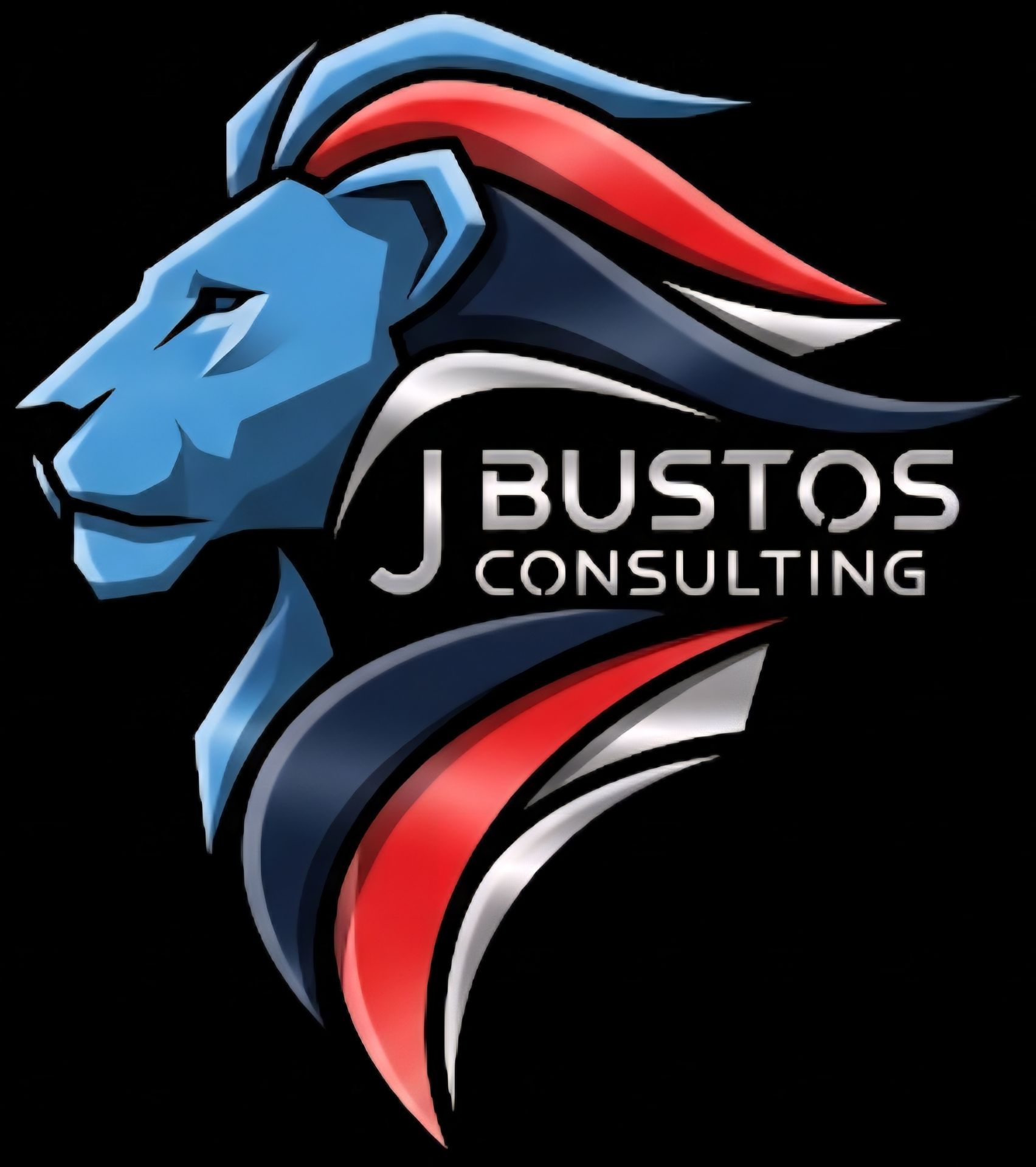Myth-Busting: Common Misconceptions About AI in Business Solutions
Introduction to AI in Business
Artificial Intelligence (AI) is revolutionizing the way businesses operate, offering innovative solutions and efficiencies. However, the rapid advancement of AI technology has led to a proliferation of myths and misconceptions. These misunderstandings can create unnecessary fear or unrealistic expectations about what AI can and cannot do. In this article, we aim to debunk some common myths surrounding AI in business solutions.

Myth 1: AI Will Replace Human Jobs
A prevalent myth about AI is that it will lead to widespread job loss. While it is true that AI can automate certain tasks, it is important to recognize that AI is more about augmentation than replacement. AI systems are excellent at handling repetitive tasks, allowing humans to focus on more strategic and creative work. This collaboration between humans and machines can lead to job transformation rather than elimination.
Many industries are already experiencing the benefits of AI, where it complements human workers. For instance, in customer service, AI can handle routine inquiries, freeing up staff to address more complex issues. In healthcare, AI assists doctors by analyzing medical data, enabling them to make more informed decisions.
Myth 2: AI Is Only for Large Corporations
Another common misconception is that AI solutions are only accessible to massive corporations with deep pockets. This couldn't be further from the truth. With the democratization of technology, AI tools have become more affordable and accessible to businesses of all sizes. Small and medium-sized enterprises (SMEs) can harness AI to optimize their operations, enhance customer experience, and gain a competitive edge.

Today, there are numerous AI platforms and services tailored specifically for SMEs, offering solutions such as predictive analytics, personalized marketing, and process automation. The key is to identify the right AI tools that align with the specific needs and goals of the business.
Myth 3: AI Lacks Creativity
Many believe that AI is purely logical and cannot exhibit creativity. While AI may not possess creativity in the traditional human sense, it can certainly enhance creative processes. AI algorithms can analyze vast amounts of data to uncover patterns and insights that can inspire new ideas and innovations.
For example, in the design industry, AI can generate design prototypes based on user preferences, enabling designers to explore a wider range of possibilities. In music and art, AI can assist in composing melodies or generating unique artwork, serving as a tool for artists to push the boundaries of their creativity.

Myth 4: AI Systems Are Infallible
There is a notion that AI systems are perfect and error-free. In reality, AI systems are only as good as the data they are trained on. They can make mistakes or produce biased outcomes if the input data is flawed or biased. It is crucial for businesses to ensure that their AI systems are trained on high-quality, diverse datasets and to implement mechanisms for continuous monitoring and improvement.
Moreover, human oversight is essential to ensure that AI decisions align with ethical standards and do not perpetuate existing biases. This partnership between humans and AI helps maintain accountability and transparency in business operations.
Conclusion: Embracing AI with Informed Perspective
Understanding the true capabilities and limitations of AI is crucial for businesses looking to integrate these technologies effectively. By dispelling these myths, businesses can make informed decisions about incorporating AI into their strategies, enhancing productivity, and driving innovation. Embracing AI with an informed perspective ensures that organizations can harness its full potential while navigating potential challenges responsibly.
